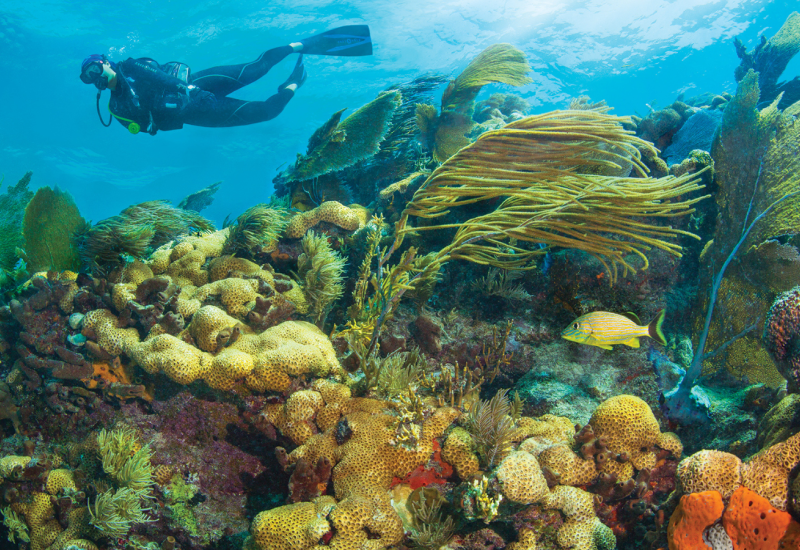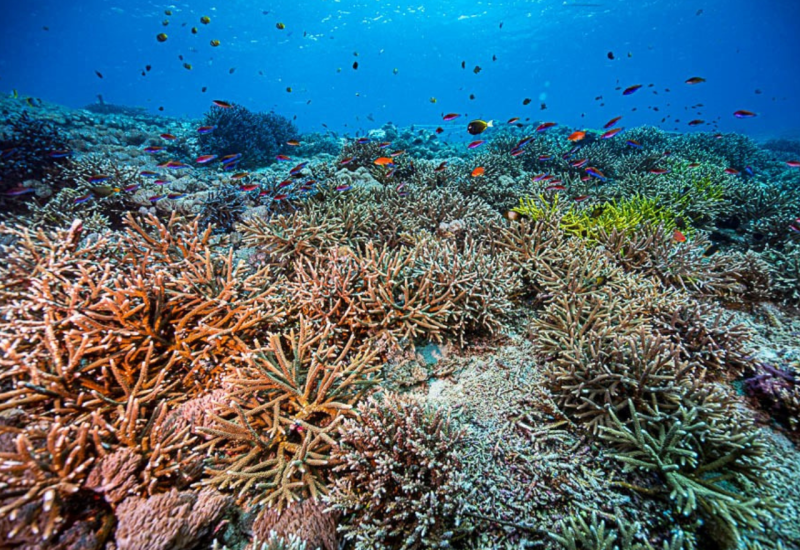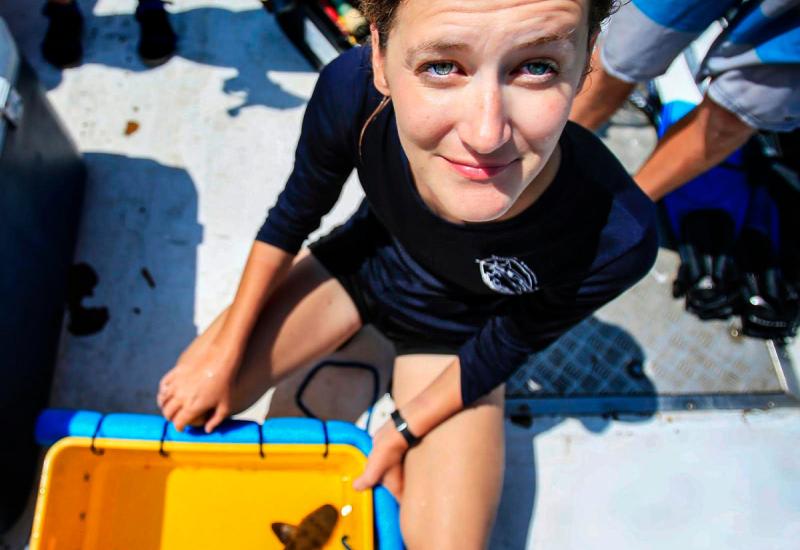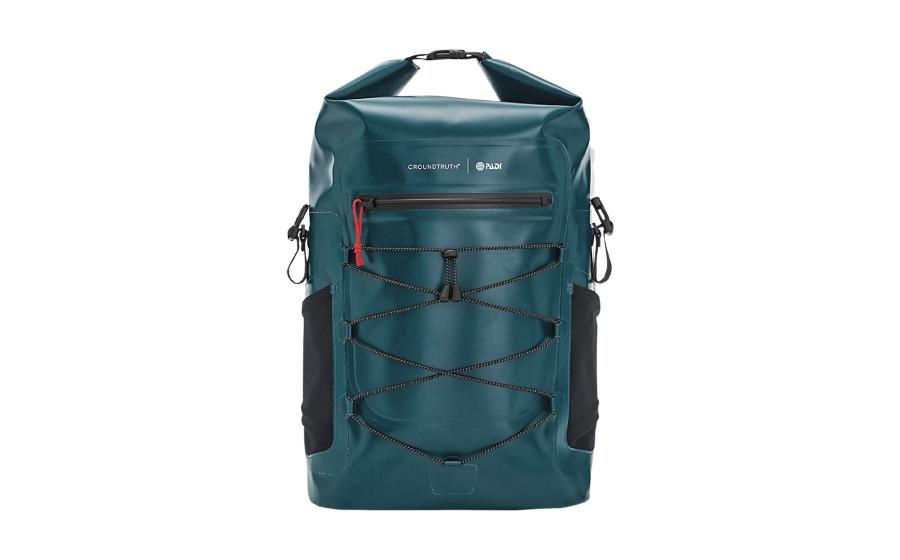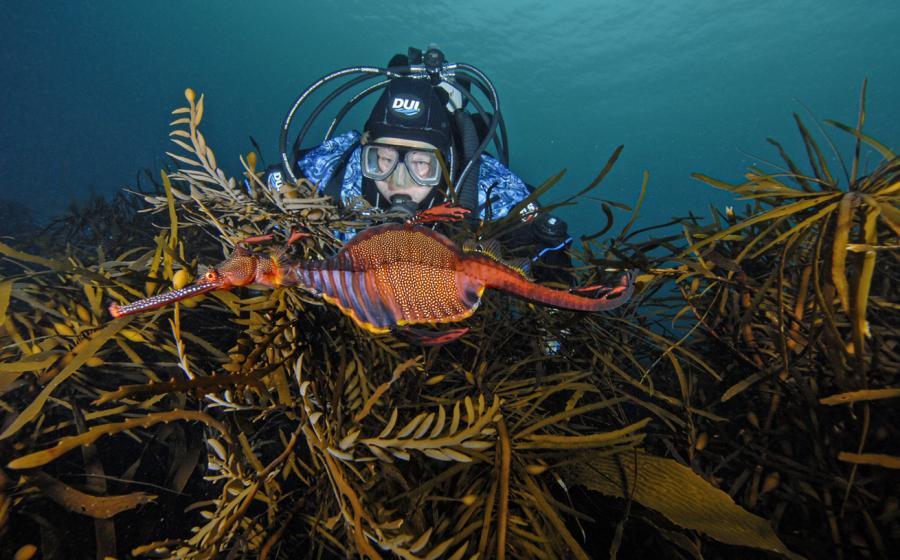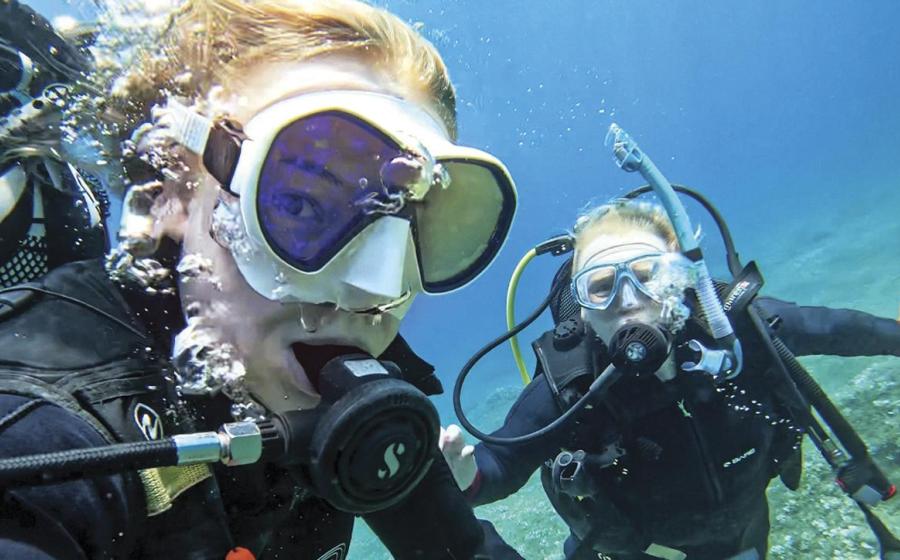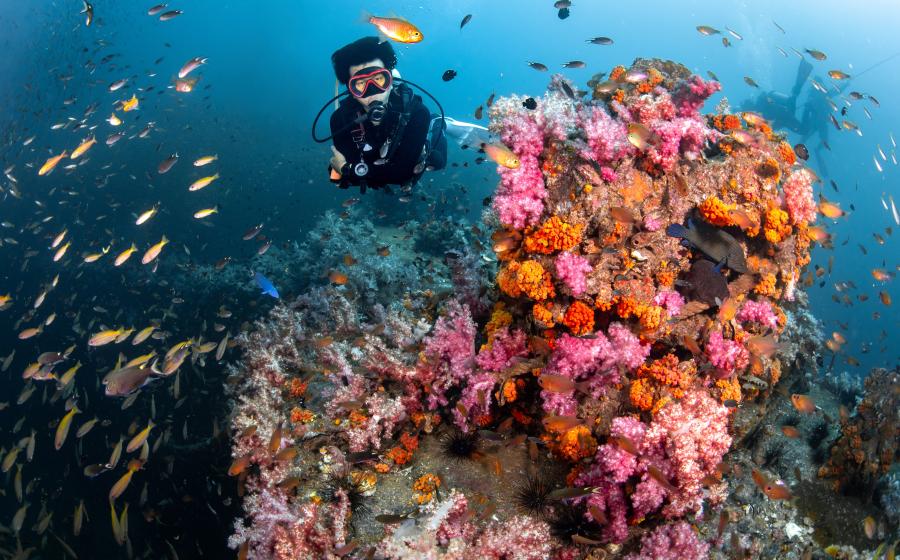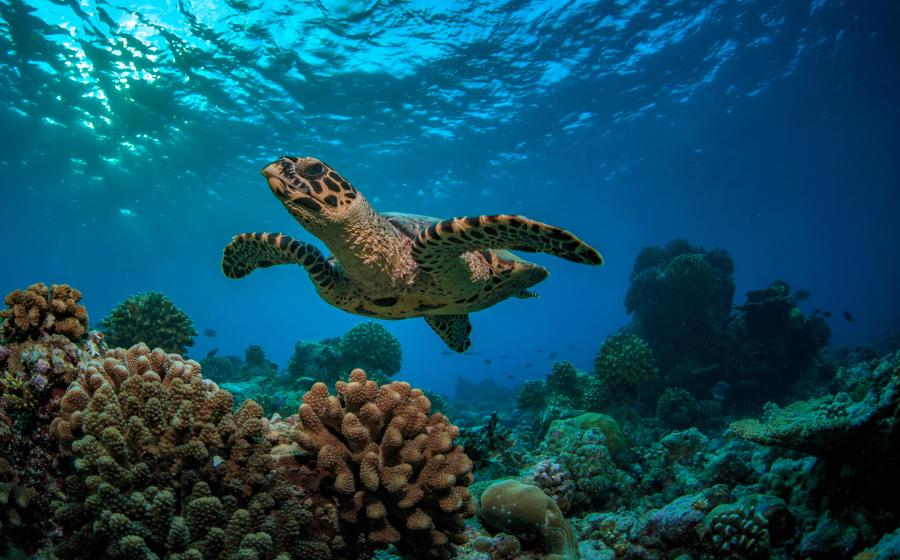South Australia Bans Plastic Straws and Cutlery
Plastic straws, cutlery, and beverage stirrers will be banned in South Australia next summer. It is the first Australian ban on those single-use plastic products.
Passed earlier today, the ban will go into effect in 2021 due to COVID, with a subsequent ban on polystyrene containers and oxo-degradable plastics phasing in 12 months later.
Public engagement before the vote found strong support for the move—97 percent of the more than 3,600 public responses supported government intervention on single-use plastics. Industry representatives generally supported additional regulation as well, but urged the government to plan what would replace plastic bags “ for the people who do reuse their bags for other purposes, [such as] bin liners, cleaning, shopping, [and] food waste disposal.”
Plastic straws will still be provided upon request to people with disabilities or medical conditions. Disability advocates around the world have pushed against blanket straw bans; plastic straws are the most cost effective and sometimes safest way for people with certain conditions, like mobility restrictions, to consume beverages or medicine.
“...We’ve developed an approach that balances the benefit to the environment with minimizing impact for businesses and accommodating the needs of people living with a disability who might find themselves reliant on certain single-use plastics,” David Speirs, South Australia’s Minister for Environment and Water said in a press release.
The state has a history of passing environmental regulation before the rest of the country. It was the first to implement a container deposit program in the late 1970s, and the to ban lightweight plastic bags in 2009. Lightweight plastic bags are now banned in almost every Australian state.
Sarah Hanson-Young, federal Greens Senator, told the Guardian her party will pursue a nationwide ban in the coming months.
COVID hobbles global momentum
CCOVID-19 interrupted single-use plastic bans around the world just as such regulation gained steam.
Consumers, governments, and industries alike turned to single-use plastic during the pandemic, favoring disposable products over those that have to be sanitized for safety.
Like South Australia, he State of New York delayed implementation of its bag ban, which was set to begin the same day it recorded its first case of coronavirus. Other governments, like California and Barbados, suspended more longstanding plastic bans.
“The thought of using so much petroleum-based plastic bags grinds me to the core," Kirk Humphrey, Barbados’ Minister of Maritime Affairs and the Blue Economy told Bioplastics News,"but the idea that we will leave Barbadians exposed with no plastic bags at all because they can’t get any bio-based plastic bags grinds me to the core even more, so as a conscientious government we made the decision that we would allow the manufacturers to be able to source that resin…."
Fear of contamination drove the ban on temporary reusable bags in New Hampshire, and prompted some companies like Just Salad and Dunkin’ to suspend reusable container programs.
There is no known case of COVID-19 transmission due to contaminated surfaces to date, according to the Centers for Disease Control and Prevention.
More Australian Bans Expected
Queensland is considering a similar ban on single-use food products like straws.
The South Australian legislation passed today outlines a “framework” for banning additional single-use plastics in the future, Steven Marshall, Premier of South Australia, announced on Twitter.
Speirs says plastic items would be banned in a staged approach, with the aim of removing them altogether.
"We want to deal with the low-hanging fruit in the first few months, that's drink stirrers, cutlery, straws, then next year we'll move onto takeaway containers," Speirs said. "Then we'll be looking at coffee cups, fruit and veg barrier bags. Over the next couple of years I think we'll move quickly towards being single-use plastic free, there's a real hunger in the community."


